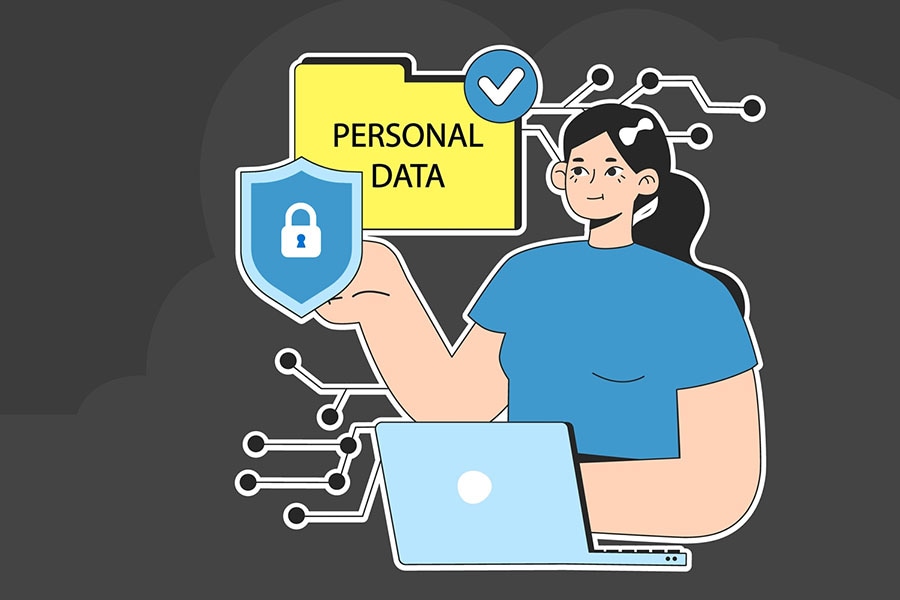
The Data Dilemma: Balancing government needs and privacy in the digital age
B2G data sharing will play a vital role in shaping our digital society. Finding the right balance between using data for the public good and protecting individual privacy will be crucial in building trust
 Business-to-government (B2G) data sharing, a concept gaining traction among government bodies worldwide, is sparking intense debate about the balance between public benefit and personal privacy
Image: Shutterstock
Business-to-government (B2G) data sharing, a concept gaining traction among government bodies worldwide, is sparking intense debate about the balance between public benefit and personal privacy
Image: Shutterstock
In an era where digital footprints are as common as physical ones, a new frontier is emerging in the world of data sharing. Business-to-government (B2G) data sharing, a concept gaining traction among government bodies worldwide, is sparking intense debate about the balance between public benefit and personal privacy.
The idea is straightforward: companies like ride-hailing services, social media platforms, and e-commerce giants would share the customer data they collect with government officials. This information could then be used to improve social and economic development for the public interest. Imagine, for instance, how the travel data from Uber or Ola could help city planners optimise road networks, manage traffic flow, and enhance safety measures. It's a tantalising prospect that has already led countries like Egypt and the European Union to mandate such data sharing, with India considering similar approaches for tech behemoths like Facebook, Google, and Amazon.
Proponents argue that this approach offers a win-win scenario. Government regulators gain invaluable insights to improve public services and infrastructure, while companies benefit from these improvements and potentially enhance their reputation among customers for contributing to the public good. However, the path to implementing B2G data sharing is far from smooth, with significant hurdles arising from customer scepticism and privacy concerns.
Many individuals are understandably wary about their personal information being handed to government authorities. Fears of being tracked, ethical concerns, and worries about potential data leaks are common among consumers. This scepticism was evident in India during the COVID-19 pandemic when citizens were asked to sign up for the government-owned Arogya Setu app. The Indian government has recognised these concerns, with the Ministry of Electronics and Information Technology passing a bill in 2023 to address privacy issues related to data collection by businesses and government officials.
The level of privacy concern often correlates with the granularity of shared data. Aggregated data with low granularity tends to raise fewer red flags among consumers. However, privacy concerns skyrocket when it comes to high-granularity data—such as individual-level information containing sensitive details like travel trajectories or GPS coordinates—potentially leading customers to avoid using certain services altogether.
[This article has been published with permission from IIM Bangalore. www.iimb.ac.in Views expressed are personal.]

















